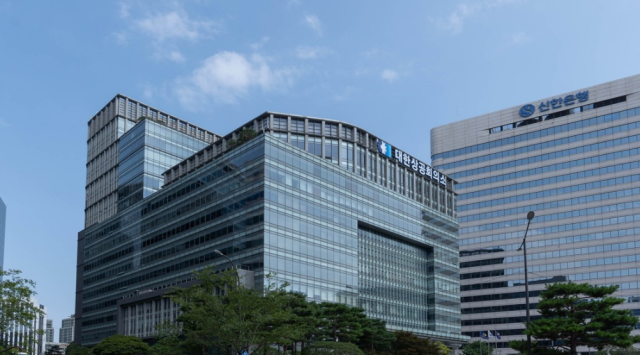
SEOUL, August 28 (AJP) - Despite government efforts to streamline regulations, South Korean companies continue to struggle with financing, tax burdens and labor rules, according to a new report.
The Korea Chamber of Commerce and Industry (KCCI) said Thursday that nearly 71 percent of firms surveyed in the World Bank Enterprise Survey identified those three areas as their biggest obstacles.
Limited access to finance was cited by 34 percent of companies, followed by taxation at 21 percent and labor regulations at 16 percent.
The report found that businesses facing financing difficulties or heavy tax obligations invested as much as 21 percentage points less in facilities and intangible assets. By contrast, firms constrained by labor rules tended to increase investment in technology and automation, suggesting a shift away from expanding headcount.
On the regulatory front, Korea has made some progress.
The country scored below the OECD average on the 2023–24 Product Market Regulation index in assessing regulatory impacts. But it still lags in cutting red tape: licensing procedures in Korea take an average of 193 days, more than 10 times the OECD average of 18.
Access to capital remains a pressing challenge. Korean companies are heavily dependent on bank loans, and the survey gave the country a score of 76.7 out of 100 for financial access difficulties — higher than the OECD average of 68.1.
Tax incentives have also proved insufficient. Programs such as investment credits and R&D deductions are limited in scope and undermined by frequent short-term extensions, leaving companies with little predictability. Korea’s R&D tax support rose only 11 percent over the past five years, the report noted, compared with a 26 percent increase in China.
To address these issues, the chamber proposed a series of reforms: easing rules that separate banking from commerce to bolster strategic industries, offering direct tax rebates modeled on the U.S. Inflation Reduction Act and allowing greater flexibility in the 52-hour workweek, particularly in fast-moving sectors like technology.
“In a regressive system where regulations increase and support decreases as companies grow, it’s impossible to strengthen the incentives for growth,” said Park Yang-soo from the KCCI. “We need to restructure the incentive system to reward and encourage companies that are scaling up.”
Copyright ⓒ Aju Press All rights reserved.



